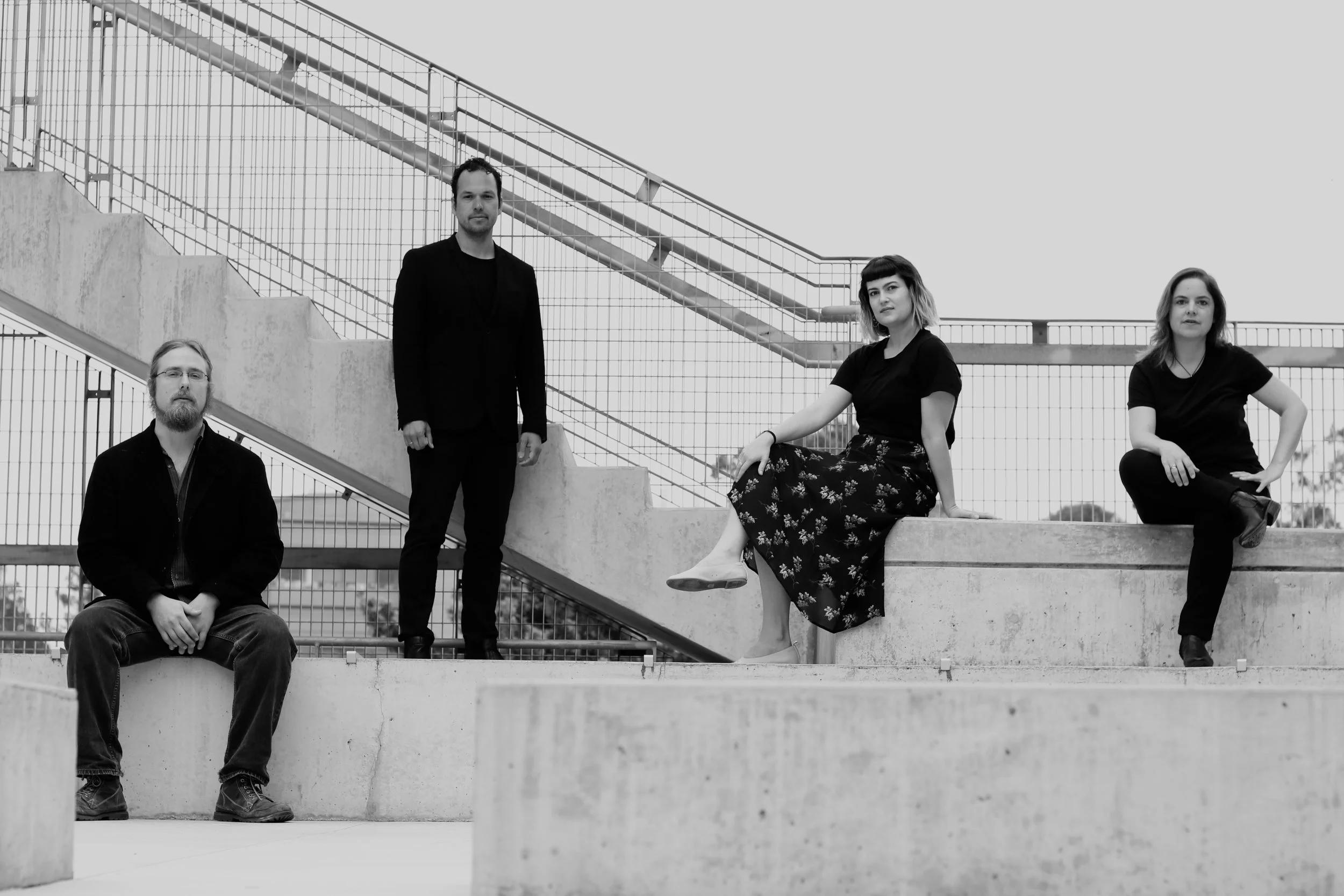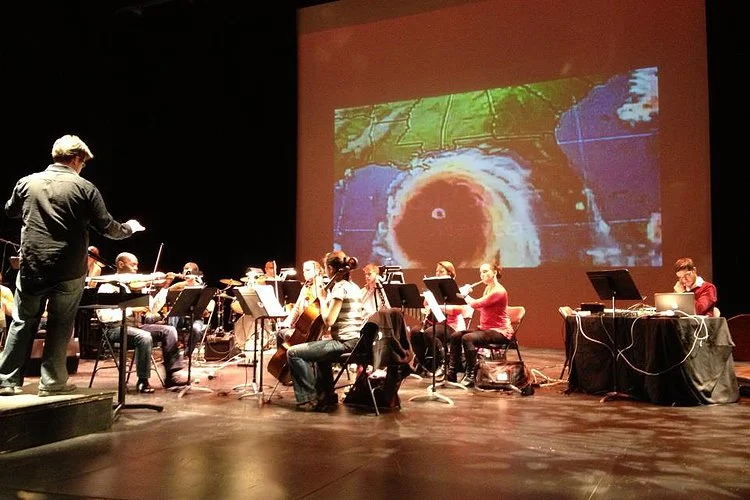The Answer to the Questions That Wings Ask
by Saul Williams
Is it a quest
for celebrity?
Validation?
A desire to be seen
as one who counts?
To be among
the counted?
A limited number
of seats given to some
denied to others.
The latest American religion, taking off where
Scientology
left off?
The Great
Mind Control.
The belief
you can become.
The belief
that you can know?
Is it a matter
of cultivating envy?
Making others wish
they could have
what you have,
live the life you live?
The God of those
who beat the odds.
Cultivating talent?
Investing
10,000 hours?
Cultivating ideas
or exploiting them?
Thinking of what others
have not thought of?
Making communication easier.
Exploiting the unknown?
Fulfilling people’s
unwanted desires?
Making them feel
they can't live without
something they have
always lived without?
Is it self-actualization
or self-image actualization?
Is it the desire
to see one's name in print
or in lights?
Do the successful
escape the everyday travails
of worry, disappointment,
debt, and doubt?
Heroes?
Mothers?
Martyrs?
Is it about self-sacrifice
or having to sacrifice nothing?
Is it about changing
the times in which we live?
Exercising compassion through entrepreneurial individualism?
Striking gold?
Being of service?
The Golden Rule?
Divine intentions?
Raising families that
share those intentions?
Is it more about
ambitions than intentions?
Setting a goal?
Having a drive?
Libido?
Are we acting out
a sexual fantasy?
To control?
To dominate?
To be controlled?
To be dominated?
Is it about
philosophy?
Described and prescribed
patterns of thought?
Delineating
a structure,
a framework?
Are we talking
to ourselves?
Are we addicted?
Cultivating addiction?
Should we replace
weed with tobacco,
or tobacco with weed?
Water with wine,
wine with water?
Sugar with
honey or agave?
Meat with tofu?
Ridding ourselves
of toxins, is that it?
Ridding ourselves
of the unwanted,
the undesirable,
the unhealthy?
Are your thoughts
simply an echo
of how you feel?
Are your feelings
as good as thoughts?
Can you distinguish
between the two?
What is the purpose?
Money?
Does that solve
the problem?
What is
the problem?
What is
the question?
Will how I ask
the question,
determine
the answer?
What time is it?
Who set
the clock?
Who coded/decoded time?
Are there
different ways
of keeping it?
What is
the standard?
What is the
guiding principle?
Get rid of fear?
Every individual
knows what it feels like.
Everyone is wrapped
in their own emotions,
beliefs, timelines, and connections.
You can make
as much sense of it
as you wish, or retreat
into your shell
of beliefs and disbeliefs.
Will you observe,
take action, build,
contribute, sit back,
doubt, grow fat
through comfort
or through worry?
What if nothing
you are convinced of
is actually the case?
What if it works
the way it does
in your presence
because it's what
you expect of it?
What if the truth
is not enough?
What if it is not
enough to be sincere
in your actions and deeds?
If you must also
learn to listen
and not blame?
To see your own faults
and not list those
of others?
What if
the other
is a lie?
If nothing is original,
Unique, or without purpose?
What if it means
that you must sometimes
sit in silence and not
defend yourself?
What if you are
not alone
and alone,
unable to see
the reason or understand,
and your understanding
in all of its glory
manages to still
get in the way?
What if your mind
works against you?
What if it is simply
not your time
and the stars
are right where
they belong for it all
to make sense?
And if you choose
not to believe it?
What if you are
too tired to write
or think and the music
is too loud to concentrate
or fall asleep?
what if when you
turn off the music,
your mind starts
to orchestrate the silence
and every creak of wood
the wind through trees
the call of birds
Your heartbeat
is enough
to dance?
Dance.















